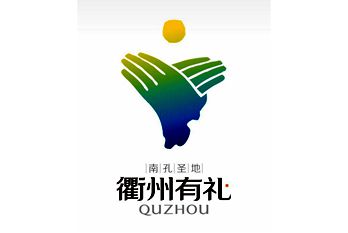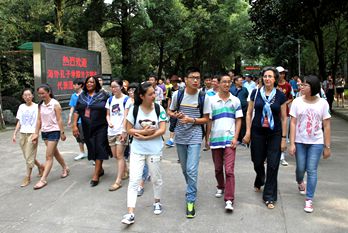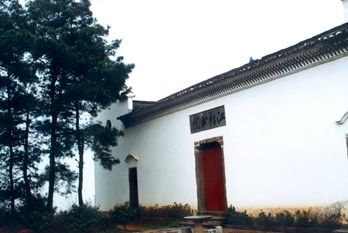Confucianism hailed at cultural relics exhibition
A landmark exhibition of Confucius cultural relics was launched at Quzhou Museum – in the city of Quzhou in East China's Zhejiang province – on Sept 6.
According to local media reports, the event was called the "Consanguinity Confucianism of Shandong and Zhejiang" 2021 Cultural Season of Southern Confucianism, Confucius Cultural Exchange exhibition.
The exhibition includes 80 cultural relics from the Confucius Museum in Qufu, in East China's Shandong province.
They feature ancient books, calligraphy and painting and Confucius family tree archives, seven of which are class-A national cultural relics.
"This is the first time that the Confucius cultural relics from Qufu are being exhibited in Quzhou, in the wake of the stronger cooperation and exchanges between Northern and Southern Confucianism. They make a contribution to the development of Confucian culture," said a person in charge of the exhibition.
Quzhou – the home of Confucius's descendants – is considered an ancient seat of Confucianism, as is as Qufu, where the philosopher was born and lived. The city's Temple of Southern Confucianism is one of only two Confucian temples in China and is also a key cultural heritage site under national protection.
In early 1129, Kong Duanyou – an officially recognized direct descendant of the 48th generation of the Confucian family tree – moved most of his family members, along with Emperor Gaozong of the Southern Song Dynasty (1127-1279) from Qufu while fleeing the invading Jin army. They headed south, and finally resettled in Quzhou.
Since then, Quzhou has served as the second-largest center for study, interpreting and spreading of Confucian concepts in southern China.

 City brand logo - fist-and-palm salute
City brand logo - fist-and-palm salute Confucianism on campus
Confucianism on campus The culture of the academy
The culture of the academy